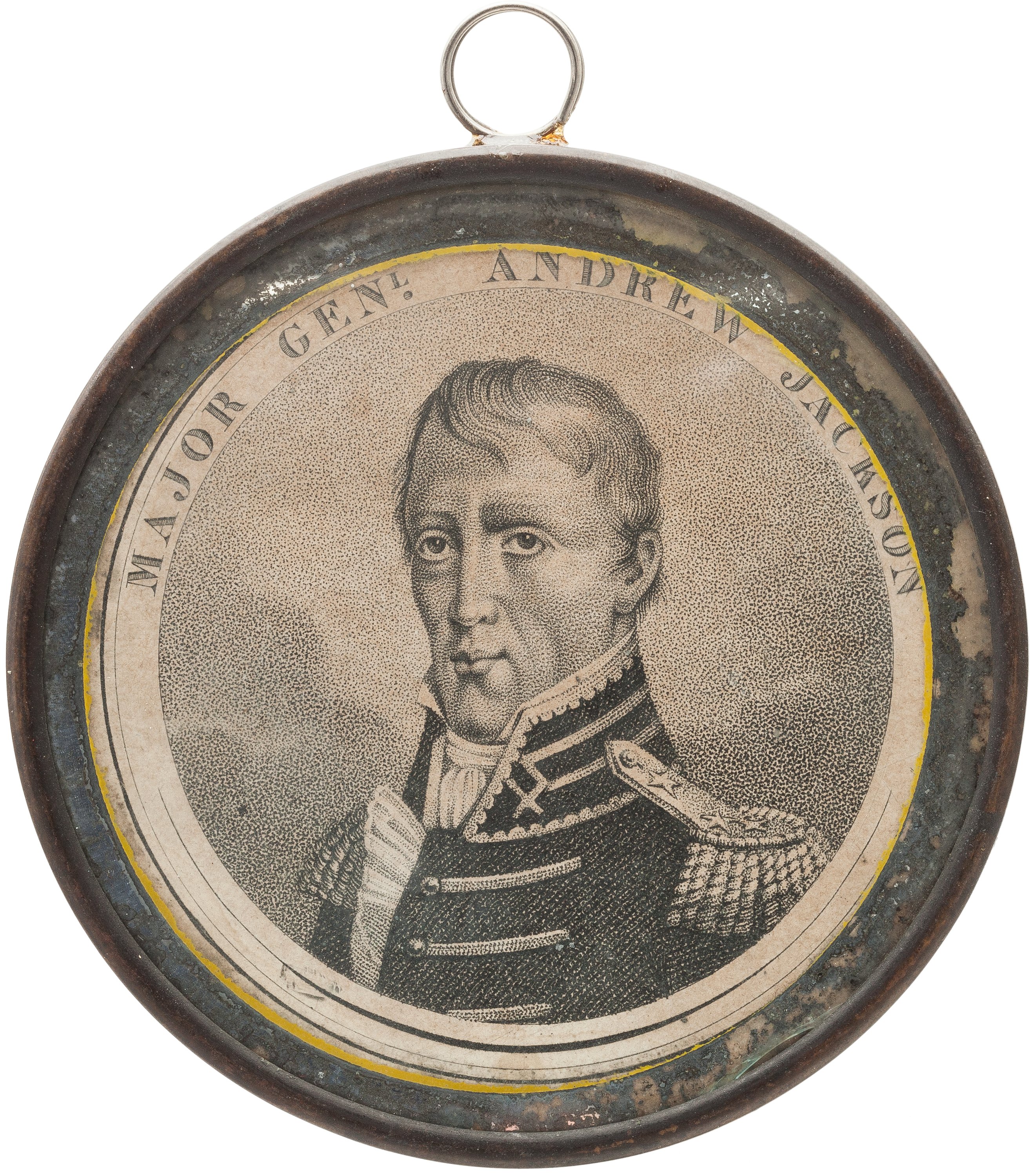
By Jim O’Neal
Andrew Jackson, the seventh president of the United States, was ready to go home. After serving eight years, he rejoiced that his vice president would succeed him. Occasionally, Jackson had considered resigning to ensure a smooth transition and, more importantly, a continuation of Jacksonianism. VP Martin Van Buren had consistently opposed this and finally “Old Hickory” dropped the idea. The president’s health was failing and many descriptions painted a picture of an old man (he was 70 years old and frail).
Eight years earlier, the president-elect had slipped into Washington, D.C. A welcoming salute had been cancelled since counting the electoral votes was still before Congress. Four years before (1825), Jackson had been denied the presidency despite winning a plurality of popular and electoral votes. Absent a majority of electoral votes, the election had been decided by the House of Representatives in accordance with the 12th Amendment. They chose John Quincy Adams.
Now, while waiting for the final count, Jackson was in deep mourning over the death of Mrs. Jackson a few days before Christmas. The cause was deep depression followed by a heart attack. A bitter controversy had erupted during the campaign when political enemies charged their marriage was bigamous. Rachel Donelson Jackson was mortified to learn a divorce was in question from a prior marriage. Winning the presidency had magnified the embarrassment and she cried out to friends, “I would rather be a doorkeeper in the house of God than live in that palace in Washington.”
So began a new era in American politics as a strident, partisan president took office still seeking revenge. The new president was obsessed with attacking all special interest groups and their corrupt influence on Congress. Under his leadership, Democrats became the party of the common man. The mantle of populism rested easily on his shoulders and Washington politics would be transformed for an entire generation. The two-party system was now dominant as Democrats and Whigs shared power until the 1860 election.
The turbulence of AJ’s life carried over into the presidency as he defined his policies, not by enacting legislation, but by defiantly thwarting it! He vetoed more bills than the combined total of all six of his predecessors. He was a man in a hurry and Cabinet members either followed his orders or they were quickly dispatched. As an example, the national debt was $58 million when he assumed office in 1829 and by Jan. 1, 1835, it had totally been eliminated (for the first and ONLY time to this day).
Nothing was sacred from his reform crusade and that especially included the Bank of the United States (BUS). The original BUS was created by Alexander Hamilton in 1791 to get the new government operating despite heavy debts from the War of Independence. The bank had been chartered for 20 years with the expectation the charter would be renewed. A successor BUS was founded in 1816, again with another 20-year quasi-monopoly. Jackson believed the bank was unconstitutional (as had Jefferson). Jackson surprised everyone by attacking the bank in his very first message to Congress.
He then promptly vetoed the bill to renew the charter in 1836 by saying, “It is to be regretted that the rich and powerful too often bend the acts of government to their selfish purposes.”
However, since the bank charter wouldn’t expire until 1836, Jackson decided not to wait. He ordered his Treasury Secretary, William Duane, to withdraw all government funds from the bank and deposit them with state charted banks. Congress had just legislated against this and Secretary Duane refused Jackson’s edict. The president simply fired him and transferred Attorney General Roger Taney into the Treasury job. The Senate, now controlled by Whigs, was furious and refused to approve Taney’s nomination. But they were too slow and the damage was already complete.
Totally frustrated, in March 1834 the Senate adopted a resolution of censure of Jackson, charging him with “assuming authority and power not conferred by the Constitution and laws, but in derogation of both.” It was viewed as an impeachment, but without the Constitutional process.
The Whigs responded, “The resolution, then, was in substance an impeachment of the president, and in passage amounts to a declaration by the majority of the Senate that he is guilty of an impeachable offence. As such, it is spread upon the journals of the Senate, published to the nation and to the world, made part of our enduring archives, and incorporated in the history of the age.”
That enduring “history of the age” lasted less than three years. In January 1837, Democrats, back in control of the Senate, voted to expunge the censure resolution, writing boldly across the original record, “EXPUNGED BY ORDER OF THE SENATE THIS 16TH DAY OF JANUARY, IN THE YEAR OF OUR LORD, 1837.”
Amen.
 Intelligent Collector blogger JIM O’NEAL is an avid collector and history buff. He is president and CEO of Frito-Lay International [retired] and earlier served as chair and CEO of PepsiCo Restaurants International [KFC Pizza Hut and Taco Bell].
Intelligent Collector blogger JIM O’NEAL is an avid collector and history buff. He is president and CEO of Frito-Lay International [retired] and earlier served as chair and CEO of PepsiCo Restaurants International [KFC Pizza Hut and Taco Bell].
